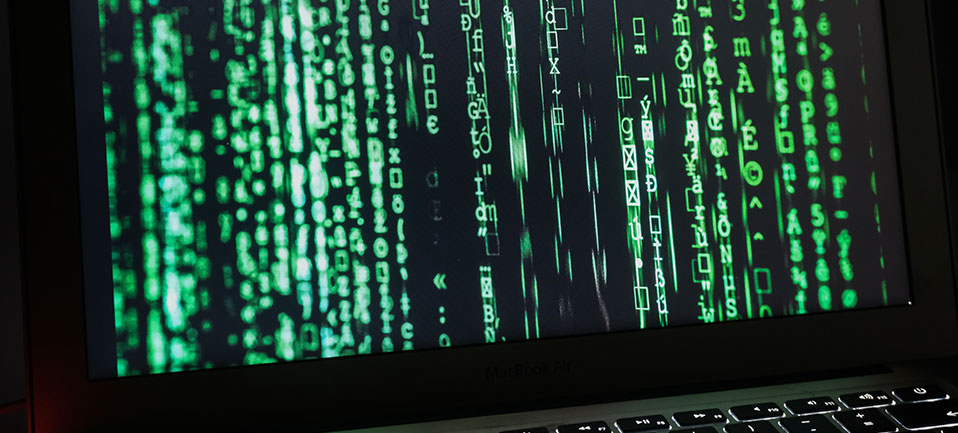What is Ethical Hacking? The legal way of hacking!
Most people know that hacking is an illegal activity. It's public knowledge that if you hack a computer, whether looking for money or information, you face felony charges. So, today we will look at ethical hacking and explore the differences between these two practices.
The white ethical hacking
As the name suggests, white hacking is the complete opposite of hacking. Why is that? Ethical hacking involves an authorized attempt to gain unauthorized access to a computer system, applications, or data.
White hackers, also known as white hat hackers, have the owner's consent to hack computers and systems to do penetration testing and identify any vulnerabilities.
The name comes from Western films, where heroic cowboys might traditionally wear a white hat.
In opposition, a malicious hacker is an unauthorized intruder known as a black hat hacker.
What does an ethical hacker do?
An ethical hack involves duplicating malicious attackers' actions to identify security vulnerabilities. Therefore, the professional will attempt to bypass system security to find and expose weak points.
In order for hacking to be ethical, the hacker must have permission from the company owner.
This strategy allows companies to anticipate and solve vulnerabilities before a malicious attacker exploits them. Vulnerabilities are typically found in improper system configuration and in hardware or software flaws.
Very often, white hat hackers are security experts. After discovering a vulnerability, white hat hackers must document them and provide the organization with advice on remediation.
Skills and techniques
In order to identify security vulnerabilities, most professionals use penetration testing.
This type of test is a form of ethical hacking that involves attempting to breach application systems, APIs, front-end/back-end servers, operating systems, or others.
Penetration tests can include internal, external, and web application testing.
Though, external tests are the most common type and involve someone outside of the organization attempting to infiltrate security systems.
An ethical hacker should have a wide range of computer skills. But, all ethical hackers should have:
- Expertise in scripting languages.
- Proficiency in operating systems.
- Thorough knowledge of networking.
- A solid foundation in the principles of information security.
At Zalox, we work to eliminate any security failure. Security is one of our priorities. Keep reading our blog to find out more.





